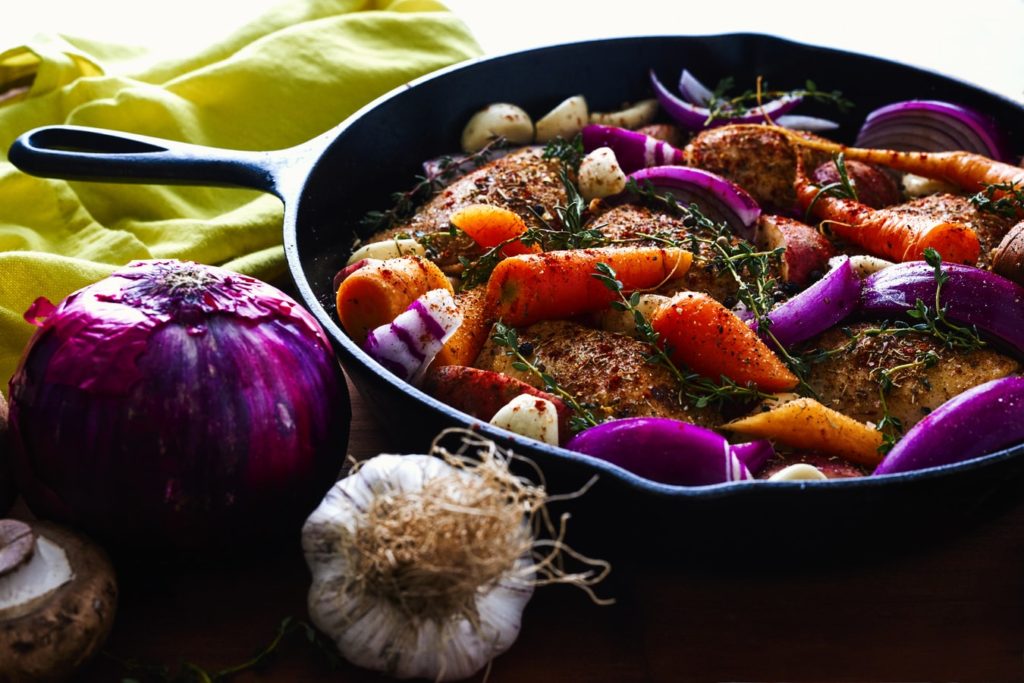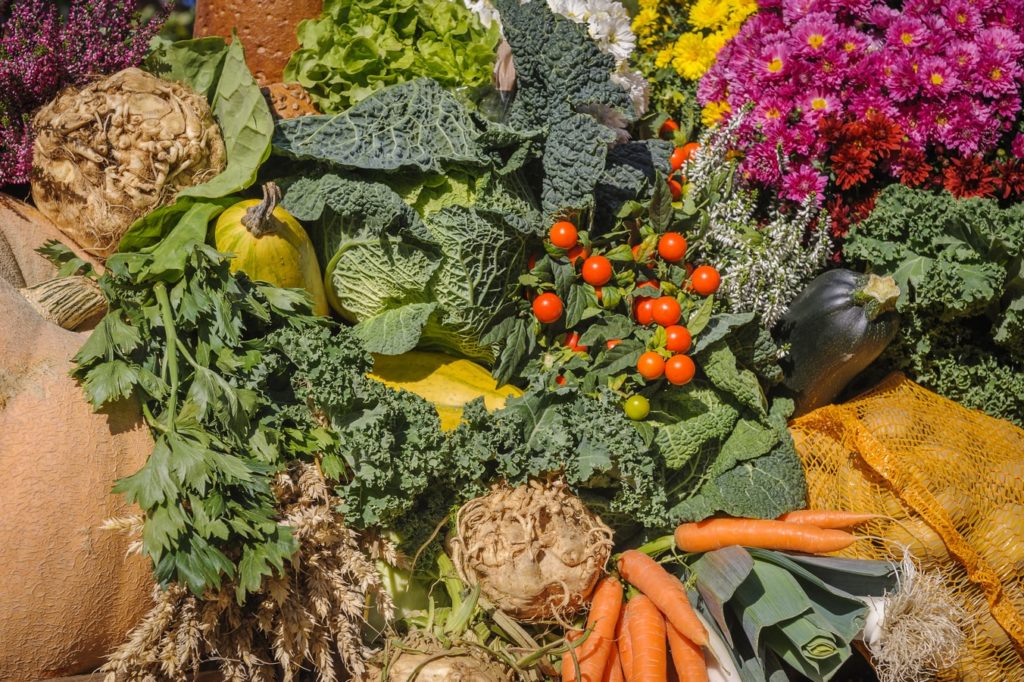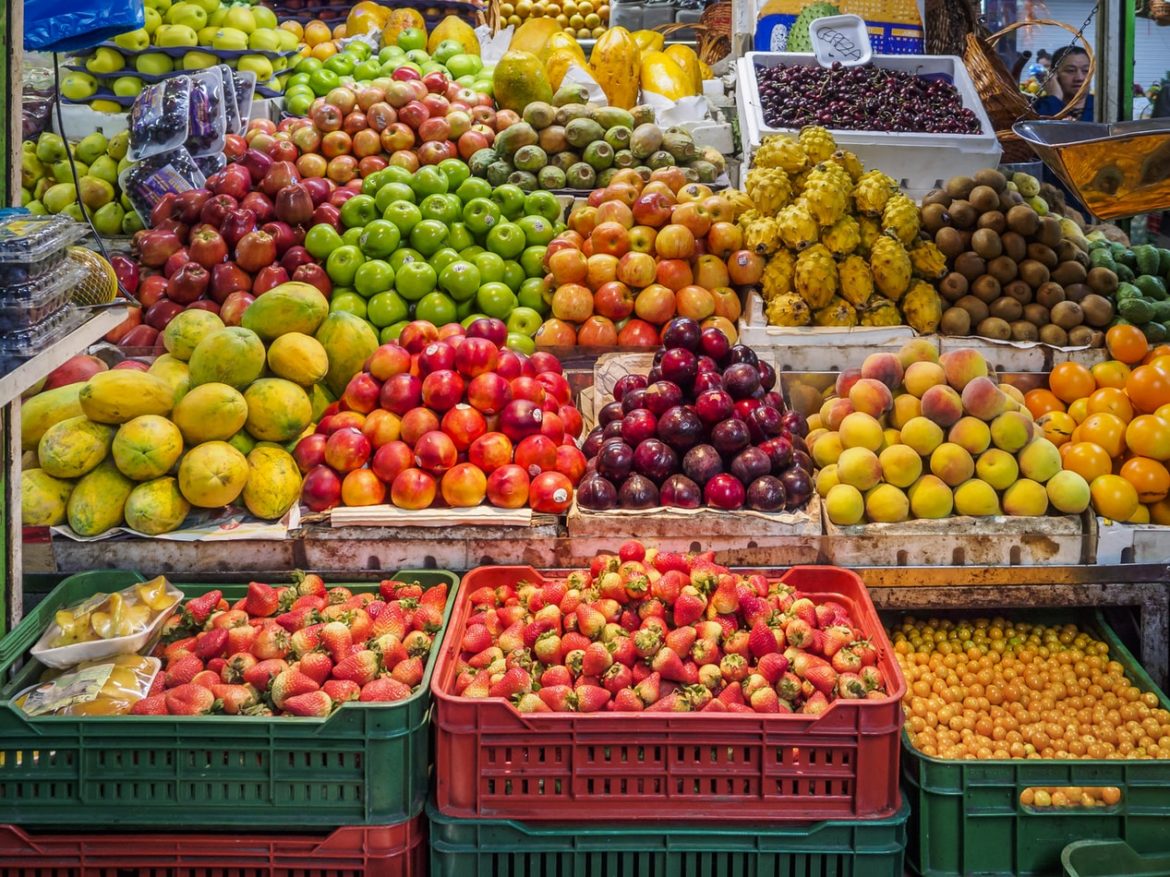Organic food sales have soared since 2020.
The following are two articles that explore the pros and cons of organic vs non-organic
The following written content from Rhiannon Lambert

Many people now think organic food is safer, healthier , and tastier than regular food. Others say it’s better for the environment and improves animal welfare.
You can pay up to 200 per cent more for an organic label, but is it all marketing hype?
It’s easy to see how organic is perceived as healthier – the image of wildlife and nature untouched by mankind. It can paint a very vivid picture in our imaginations of the way we want to see the food we eat in harmony with the world.
As a result, people are willing to pay more for this ideal. But while the more privileged among us may be able to shop organic, for many people it is simply not an option.
So what to do? Here, I’m going to set out what the evidence shows.

WHAT DOES ‘ORGANIC’ ACTUALLY MEAN?
The focus of organic production is usually based on environmental sustainability and human wellbeing.
Organic agriculture is bound by regulations that restrict the use of artificial chemicals, hormones, antibiotics and genetically modified organisms (GMOS). For something to be organically certified, only organic pesticides are allowed. The EU organic logo, for instance, can only be used when 95 per cent of ingredients in a product meet these standards.
In the UK, organic food may also be certified with the Soil Association logo. Products must meet both EU standards as well as a higher set that protect animals, people, and environment.
THE EVIDENCE FOR ORGANIC
While there may be respected studies that find more nutrients in organic foods, a great many others have found insufficient evidence to recommend organic over non-organic for health or safety.
One review of 233 studies concluded that there is no strong evidence to suggest that organic foods are significantly more nutritious than conventionally farmed foods. This was also the conclusion of the UK Food Standards Agency, though its research considered just 11 studies. (The FSA publicly supports consumer choice and is not pro or anti organic food.)
There are some small nutritional differences in organic foods, but they are marginal and won’t play a significant difference in overall health.
Some organic products have been found to be a bit higher in phosphorus but lower in protein. Organic cow’s milk may contain higher levels of omega-3 fatty acids, iron, and vitamin E than non-organic, but, again, less of other nutrients such as selenium and iodine.

I often advise clients in my clinic to opt for some organic food – free-range eggs and meats – but certainly not exclusively, as it’s definitely not essential for good health.
When it comes to meat and dairy, according to the Soil Association, organic flocks have more space to roam. This may potentially have a role in the quality of nutrition from the animal. However it really is a marginal difference and you should not feel bad or worry if you cannot afford to buy organic.
Having said that, I always try to encourage clients to buy sustainably sourced fish. The environment is changing and we really need to ensure the decisions we make are going to help the future of the planet. This means eating less animal produce and better sourced animal produce.
Agricultural research is renowned for varying results. The nutrient content of food depends on so many factors, including soil quality, weather conditions, and when the crops are harvested (which differs throughout the world). The composition of dairy products and meat can also be affected by differences in genetics and what diet animals are fed. Even the natural variations in the production and handling of foods make comparisons difficult. So the results of research studies should be interpreted with caution.
Ultimately, there is not enough strong evidence available to prove that eating organic foods provides added health benefits when compared to eating conventionally farmed foods.
WHAT ABOUT PESTICIDES?
Conventional farming relies on the use of chemical pesticides. Although overall they are safe, we are advised to wash our produce before we eat it to remove pesticide residues. Some research suggests that high exposure to pesticides in early life may harm cognitive development Read more from MailPlus
Subscribe here
Organic foods- What should you buy?
The following written content by Lynn Allison
Organic fresh produce sales in 2020 soared to over $8.54 billion, an increase of $1 billion over 2019. But experts say that sometimes it is not worth spending the extra money on organic products since not all organic food is superior to conventional brands.
For example, according to Dr. Mirkin.com, a study of 55 brands of rice published in the journal “Ecotoxicology and Environmental Safety” found that organic rice contained significantly more arsenic than non-organic samples.
However, a recent Pew Research Center survey showed that 50% of Americans believe that organic foods are better for you, says Dr. Gabe Mirkin.

“Manufacturers have taken advantage of this belief and sell organic clothing, water, soap, cosmetics — just about everything that touches our body,” says the renowned expert. “However, the U.S. government control over the use of the label ‘organic’ is lax because there are few government agencies or contractors to check the production of organic products.”
To help consumers sort out the good, the bad, and the ugly facts about organic and conventional foods, the Environmental Working Group (EWG) has come to the rescue over the years with data and information.
Dr. Thomas Galligan, Ph.D., an EWG toxicologist, says that his organization recommends buying organic whenever possible.
“Research has repeatedly shown that eating organic produce is an effective way to dramatically reduce exposure to toxic pesticides,” he tells Newsmax. “A diet high in organic food has been linked to a variety of important health benefits, including improved fertility, lower BMI, reduced incidence of non-Hodgkin lymphoma, and lower risk of type 2 diabetes.”

EWG knows that organic produce may not always be available and affordable for every consumer, so they publish a Shopper’s Guide to Pesticides in Produce™ each year. The guide, which includes their Dirty Dozen™ and Clean Fifteen™ lists, ranks fresh fruits and vegetables based on pesticide testing data from the U.S. Department of Agriculture.
“Choosing organic is particularly important for items on the Dirty Dozen list, as these have the most pesticides on them. Items on the Clean Fifteen list have the least, so consumers can buy these fruits and vegetables in their non-organic forms without compromising on pesticide exposures,” says Galligan. Read more from Newsmax Health.





